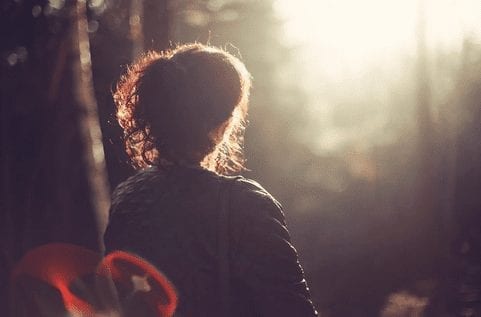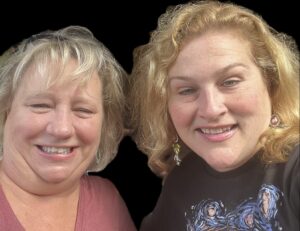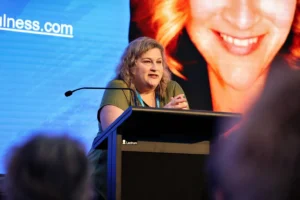It’s the messaging, tagline, hashtag, and well-intentioned sentiment that has been reiterated ad nauseum for the better part of 6 weeks. Apparently, the pandemic has brought us all to a place of Kum-by-ah, harmony laden nirvana, and we are all wrapped in snug and secure in our collective Shangrila. Except I’m calling bullshit.
We are, in fact, NOT all in this together. Sure, we’re all in it; it’s a global pandemic, how could we not be? As for the ‘together’ part? That’s where the phrase morphs from annoying trope to flat out lie. The word indicates that the collective ‘we’ is experiencing the current state of affairs in an equitable way, and this is the furthest thing from reality. When the response to the distress and trauma that is compounding day after day is “we’re all in this together”, there is an unspoken hierarchy being established; a domestic violence survivor held hostage in their home is shamed into silence, having been chastised with this insipid, hollow phrase. It strips away the validity of the individual experience that the trauma of COVID-19 has plunged our worlds into.
For trauma survivors, hearing “we’re all in this together” has become the latest iteration of “why did you stay” or “what were you wearing”. It is being used to minimize, marginalize, and delegitimize reactions and perspectives because it makes other people feel better to be able normalize the abnormal. This way, they do not have to sit in their own discomfort and try to hold space for those that have a different reality-not worse, different-than the one they are currently surviving.
At the very core of this entire reality is trauma. Trauma comes from medical Latin, and the root of the work is Greek for “a wound; a hurt; a defeat”. Here’s the other thing that goes along with trauma-crisis. Crisis comes from the Greek word ‘krisis’, meaning a decisive moment. Trauma has two parts, objective and subjective. We can agree that something has happened, and that our world has been picked up by this giant tantrum-throwing toddler of a virus, and shaken violently while we fly around helplessly, flipping upside down, solid ground yanked out from underneath us, like figures in a snow globe. How this seismic shift in reality is experienced can be, for some of us, a crisis on a daily basis. It is a crisis for parents who had no desire to home school their children; for the cancer patient who now finds themselves in chemotherapy alone; for the elderly who relied on home based services. When you are vulnerable, when you are homeless, when you are trying to serve and protect and maintain law and order, there is nobody else “in this” with you-you have earned the right for your experience to be uniquely yours and for the rest of us to acknowledge it.
We are grieving. As families, and communities; as a nation and as a world we are grieving. Grieving is the internal emotional experience of catastrophic, unexpected, heavy loss, an unexpected burden that is heavy for the soul to bare. Mourning is the external acknowledgment of your grief from the people around you. In a crisis, we go in to self-preservation mode, and while this is a completely expected, primitively driven survival response, we must stop, take a breath, shift out of survival mode, and see those around us. We cannot continue to dilute the relevance of engaging in empathy and holding space for individual lived experiences, despite our own discomfort with reality. Let’s start making the shift from “We’re all in this together” to “I see you in this”, and acknowledge the way we are each operating in our own experience of ‘this’, whatever that may be.
Originally published on Nikki Gordon’s personal blog, 21 April 2020.





One Response
The phrase “we’re all in this together” has been in circulation for many years. It’s absolute trite and piffle.
In reality, human beings have individual life experiences which are unique to them and their own lives. The collective response that “we are all in this together” doesn’t make any sense whatsoever.
From an evolutionary perspective, the strong live and the weak die. That is the brutal reality of existence. Life doesn’t care about fairness, equality or anything else. These are human constructs which mean nothing in the grand scheme of things.